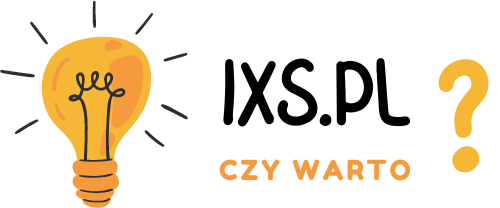Understanding the status quo: what does it mean?

In the realm of politics, economics, and social dynamics, the term “status quo” holds significant importance.
Often invoked in discussions surrounding change, reform, and stability, it serves as a benchmark against which shifts and developments are measured. But what exactly does the status quo entail? This article delves into its definition, implications, and the role it plays in shaping various aspects of our lives.
Defining the status quo
The status quo, derived from Latin meaning “the existing state of affairs,” refers to the current condition or situation in a given context. It encompasses the prevailing norms, practices, beliefs, and power structures that characterize a particular society, institution, or system at a specific point in time. Essentially, it represents the state of things as they are, without any significant alterations or disruptions.
Understanding its significance
The significance of the status quo lies in its role as a reference point for evaluating change and progress. It provides stability and predictability by establishing a baseline against which deviations are measured. Moreover, the status quo reflects the distribution of power and resources within a society, often benefiting those who hold positions of authority and influence.
Implications in politics and governance
In the realm of politics and governance, the status quo influences decision-making processes and policy outcomes. Political incumbents and established institutions may seek to maintain the status quo to preserve their power and privilege. Conversely, challengers and reformers often advocate for change by challenging the existing order and promoting alternative visions for the future.
Impact on social dynamics
In social contexts, the status quo shapes interpersonal relationships, cultural norms, and societal expectations. It can perpetuate inequalities and injustices by upholding dominant narratives and marginalizing dissenting voices. Furthermore, efforts to disrupt the status quo can spark social movements aimed at challenging entrenched systems of oppression and advocating for greater equity and justice.
Challenges to the status quo
Despite its resilience, the status quo is not immune to challenges and disruptions. Social, political, and economic forces can exert pressure for change, leading to shifts in the prevailing order. Movements for social justice, technological advancements, and economic crises are among the factors that can destabilize the status quo and pave the way for transformation.
Examples from history
Throughout history, numerous examples illustrate the dynamic nature of the status quo and its susceptibility to change. The civil rights movement in the United States challenged racial segregation and discrimination, ultimately leading to significant legal and social reforms. Similarly, the fall of the Berlin Wall symbolized the collapse of the Cold War division in Europe, ushering in a new era of political and ideological transformation.
In conclusion, the status quo represents the existing state of affairs in a given context, serving as a reference point for evaluating change and progress. While it provides stability and predictability, it can also perpetuate inequalities and injustices. Understanding the dynamics of the status quo is essential for navigating the complexities of society, politics, and governance, and for fostering meaningful progress towards a more equitable and just world.




